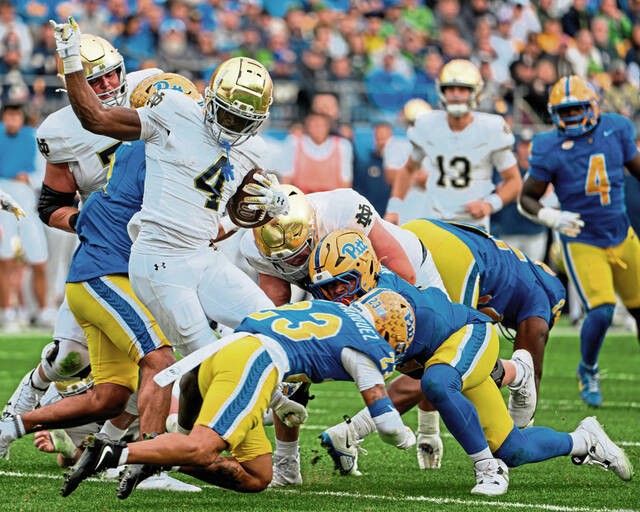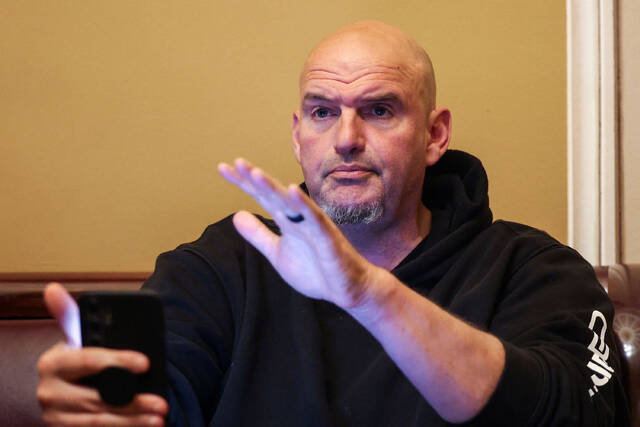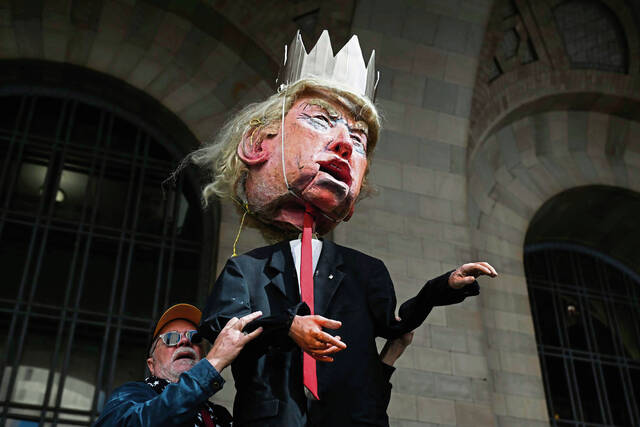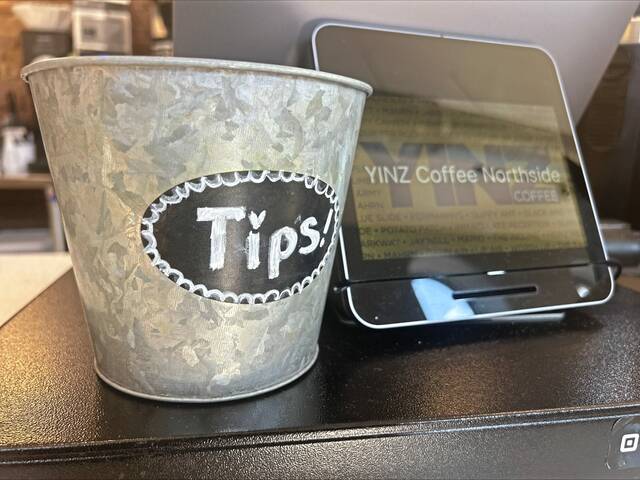As anxious Pennsylvanians push the commonwealth of Pennsylvania to open up and return to normal, I wonder about the new normal for state employees who collect tolls for the Pennsylvania Turnpike. It could be a new normal they will not be welcoming.
The thought hit me while hopping on the turnpike for the first time in many weeks to head to Latrobe. As I entered the turnpike from Route 79, I thought about the tollbooth situation. Specifically, I was curious about how turnpike toll collectors would be operating. The state employees in the tollbooths don’t, after all, engage in what the commonwealth has labeled an “essential service,” nor could they be expected to honor new rules of “social distancing.”
Moreover, I couldn’t imagine the commonwealth openly subjecting its employees, as well as drivers, Pennsylvania residents, non-Pennsylvania residents, and interstate traffic generally, to money exchanges and credit-card swiping that would unavoidably spread covid-19. That would be especially true for people coming through the eastern part of the state from New York and New Jersey, the two highest states in the country for covid-19 infection.
How would toll collection be done in the new era of covid-19 pandemic?
Well, I soon learned the commonwealth solved the problem by going fully to electronic billing on the turnpike. The booths (aside from E-Z Pass) now have cameras to take a photo of your license plate and to bill you via the mail. This is a technological change that has been happening for a while, poised all along to make tollbooth workers’ jobs obsolete, and to place them at the unemployment office. One senses the only reason it hasn’t already been implemented is because of resistance by public employees and their unions.
Alas, one assumes this sudden switch to electronic billing statewide will signal the end of public employees who work tollbooths. Nothing heretofore could crack the union (and its protection by Democratic politicians), but it looks like the malicious covid-19 might. It’s difficult to imagine the commonwealth going back to the old method once things improve with the virus. The booths are now converted to cameras. The transition has been done. It’s complete. I would think those employees, unfortunately, will be losing their jobs.
Of course, that’s nothing to celebrate. No one should want to see anyone lose a job, especially at this time. I’m not here to cheer it.
For the record, such technological transitions have long been ushered in among tollbooths nationwide for the explicit purpose of saving money. Thus, assuming such an eventuality happens with the Pennsylvania Turnpike, it should — to repeat, should — lead to a corresponding decrease in the price of tolls. At the least, in a just world, it ought to slow the incessant rate hikes, which are uniquely outrageous on the Pennsylvania Turnpike. The cost savings of replacing these employees with cameras and electric billing should be quite sizable. The least the commonwealth could do is pass along savings to citizens who use its turnpike.
Fat chance, right? We’ll see.
In the meantime, getting back to business as usual might not be good news for the men and women whose business is collecting tolls for the turnpike. Covid-19 continues to take its toll, and that likely includes tollbooth workers.








